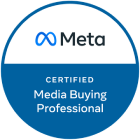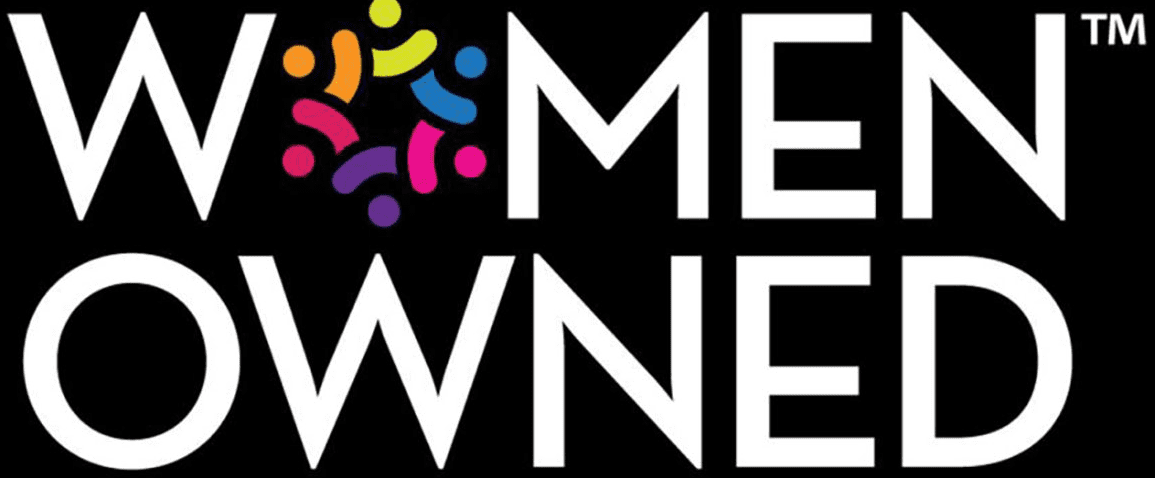One in five marketers say pay-per-click advertising delivers the highest ROI of all the marketing channels they use. It’s no wonder that ad spending continues to increase. In fact, experts predict U.S. advertisers will spend $260 billion on pay-per-click advertising this year.
If you’re one of those advertisers, you may be wondering how effective your investment will actually be. Read on as we explain.
Sections
What is pay-per-click advertising?
Pay per click advertising, often shortened to PPC advertising, is an advertising model where you only pay when someone clicks on your ad. It’s most recognizable in search engines like Google and Bing, but you can also encounter the PPC model in social media advertising. Check out these examples of PPC.
How effective is pay-per-click advertising?
The average business makes $2 in revenue for every $1 spent on Google Ads. That means on average, you can enjoy a 200% ROI from PPC advertising. Not too shabby.
Whether your brand performs below or above average depends on several factors. Of course, certain products and services will perform better than others, but almost any brand can benefit from adding PPC advertising to its marketing mix. How much your brand will benefit will depend on the keywords you’re targeting, your ad copy and landing page, and the savviness of the person managing your ad campaigns. That’s why it pays off to partner with PPC experts.
In general, the average cost-per-click for a PPC ad can be as low as $1 to $7. The average click-through rate for a Google search ad is just under 2%. While the effectiveness of your ads all depends on your keywords and bidding strategy, those numbers should inspire confidence.
Benefits of PPC advertising
Why is pay-per-click advertising so effective? Check out these seven top benefits.
-
- You can target users at any stage of the marketing funnel, from awareness to conversion, using a large range of advertising formats, channels, and targeting criteria.
- PPC advertising is extremely cost-effective. You only pay when people actually click on your ads.
- Platforms like Google Ads and Meta offer super-granular targeting options, enabling you to hone in on and reach your ideal customer.
- With PPC ads, you can sidestep the natural SEO ranking process. Bid the right amount and your ad can appear at the very top of the Google results.
- Advertisers can control almost every aspect of their ad campaign, from the keywords and audiences they target to the way their ad looks and how much they pay — per click, per day, and per campaign
- AI-powered advertising options are available with Google Ads, enabling you to rely on Google’s machine learning to target users with the right ad in real-time.
- PPC ad performance is very measurable, thanks to the included analytics. You can see how effective your PPC ads are, by platform and campaign down to the individual ad.
How effective will your PPC campaigns be?
Like a lot of things in life, it depends. Some keywords are more competitive than others, and some ad formats resonate better with different consumers. Above all, however, the largest factor impacting the effectiveness of your PPC campaigns is the team you choose to manage them.
Want to make sure you succeed with Google ads, and reach (or surpass) your ROAS goals? Talk to Your Marketing People.







